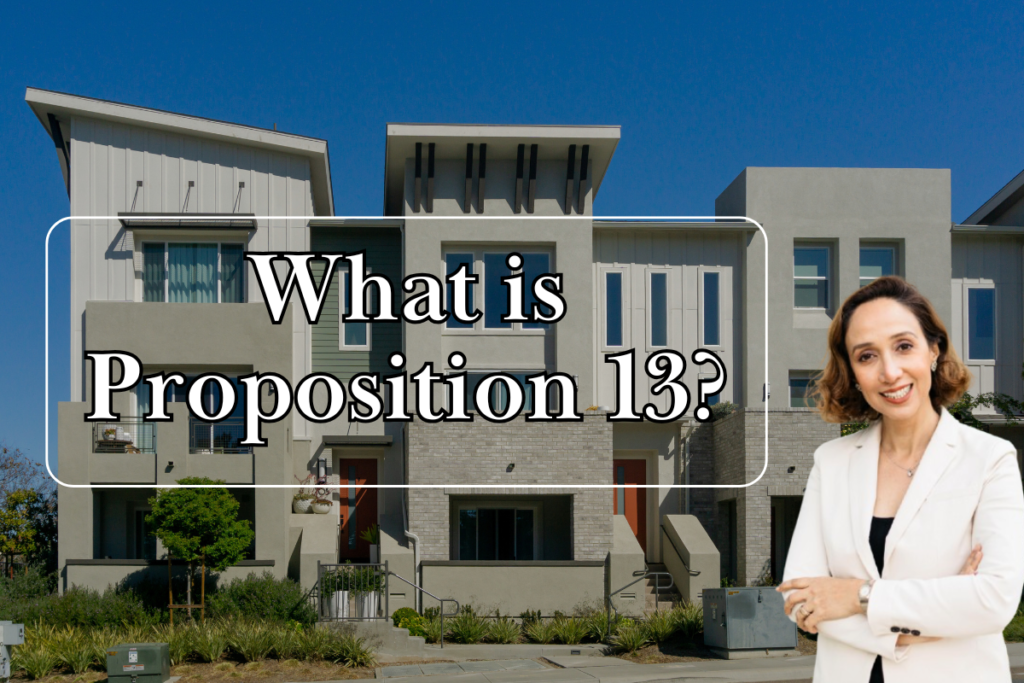
Proposition 13 is a California law passed by voters in 1978 that significantly reduced property tax rates. Here’s what you need to know:
- Tax Cap – Property tax is capped at 1% of the property’s assessed value, with additional taxes for bonded debt and special assessments.
- Assessment Increase Limit – The assessed value of a property can increase by no more than 2% annually, unless there’s a change in ownership or new construction on the property.
Determining Change in Property Ownership
- Notification to assessor: When a property is sold, the Assessor is informed through public records and receives the deed.
- Reappraisal timing: If a reappraisal is needed, it usually aligns with the deed’s recording date, except in cases of inheritance, which are based on the owner’s date of death.
- Exclusions: Transfers between spouses or registered domestic partners generally don’t trigger a reappraisal. This also applies to transfers due to death, divorce, or partnership termination.
- Consultation and appeals: Consult with an accountant or County Assessor to determine eligibility for tax-saving programs. Property owners can appeal new assessments if they disagree.
Understanding New Construction and Assessments
- Permit Notifications: Building permits are sent to the Assessor, triggering a reappraisal for new constructions like buildings and additions. Repairs often aren’t subject to reappraisal.
- New Value Assessment: The value of new construction is typically added to the existing property assessment, with annual increases capped at 2%.
- Supplemental Bills: New values may result in a supplemental tax bill for the fiscal year (July 1 to June 30). Owners can appeal the new assessed values if needed.
Source: California Title Company
Ready to sell? Know your home’s worth, click here.
Homes for sale in Carmel Valley click here.
Shirin Rezania Ramos | 858.345.0685 | www.shirinramos.com | Compass, DRE 0203379


